As the automotive landscape continues to evolve, several familiar models are slated to be discontinued within the next few years. From changing consumer preferences to advancing technology, various factors contribute to these decisions. Here are eight cars expected to leave the showroom floors by 2027.
Tesla Model X
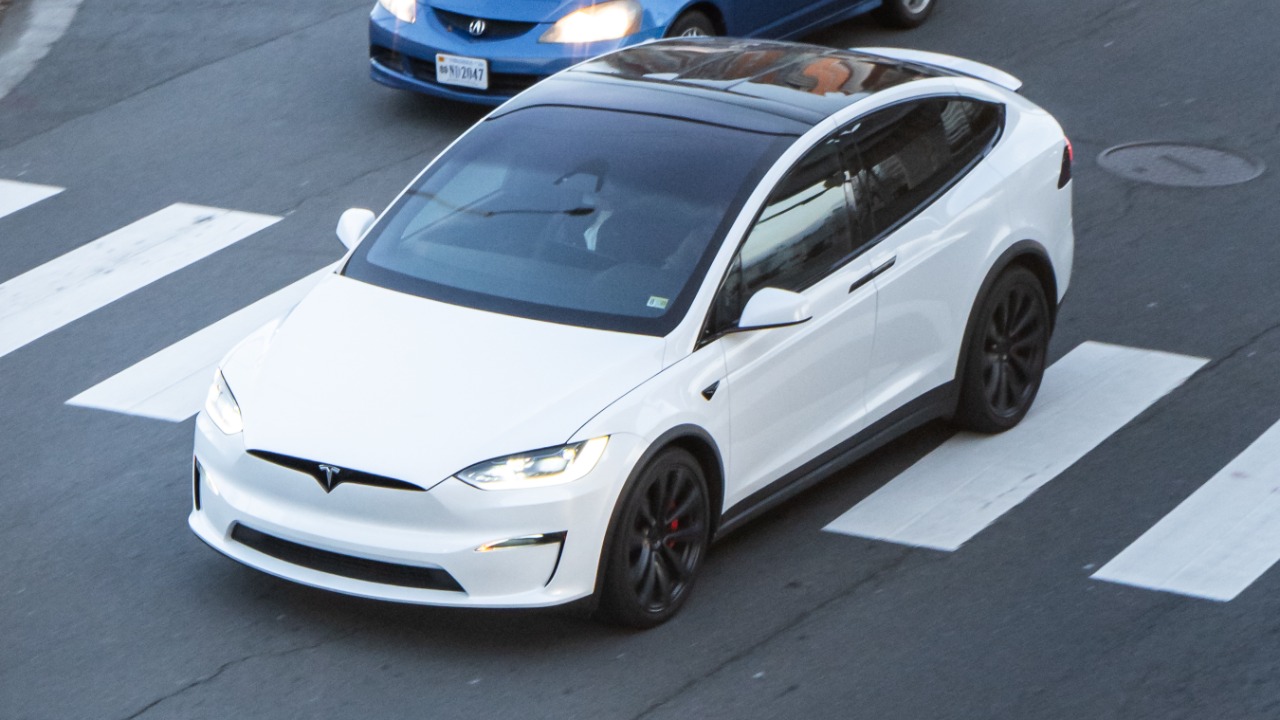
The Tesla Model X, known for its distinctive falcon-wing doors, could be on its way out. With Tesla focusing on expanding its lineup, including the highly anticipated Cybertruck, the Model X’s future seems uncertain. The trend toward more affordable electric options and the rise of new models may eventually phase out the Model X.
While Tesla hasn’t officially announced the end of the Model X, industry experts speculate its discontinuation due to shifting electric vehicle trends. As the competition heats up, Tesla may choose to concentrate on newer, more competitive models.
Chrysler 300
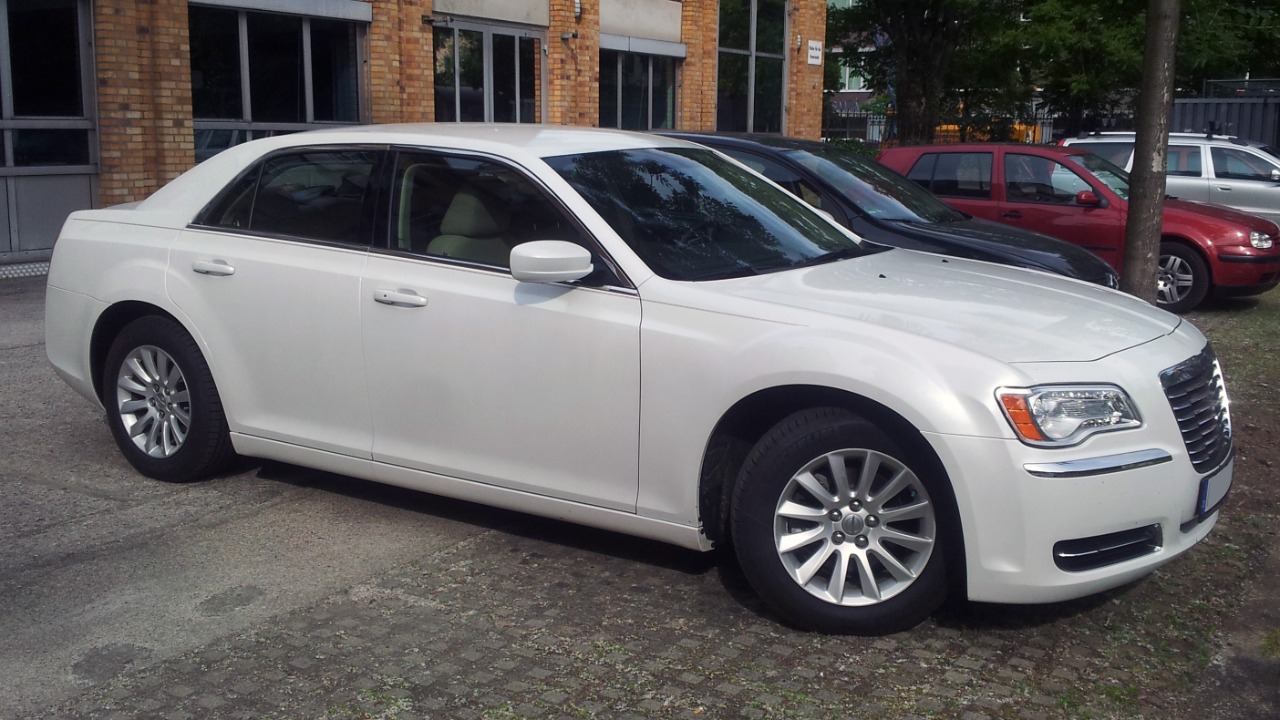
The Chrysler 300 has been a staple in the automaker’s lineup, offering a traditional sedan experience with a touch of luxury. However, the decline in demand for large sedans suggests that the 300 may not last beyond 2027. With more consumers opting for SUVs and crossovers, Chrysler might pivot its resources accordingly.
The 300’s classic design may not be enough to sustain it in a market dominated by innovation and efficiency. As Chrysler looks to revamp its offerings, the 300’s days seem numbered, making room for more future-ready vehicles.
Ford Edge
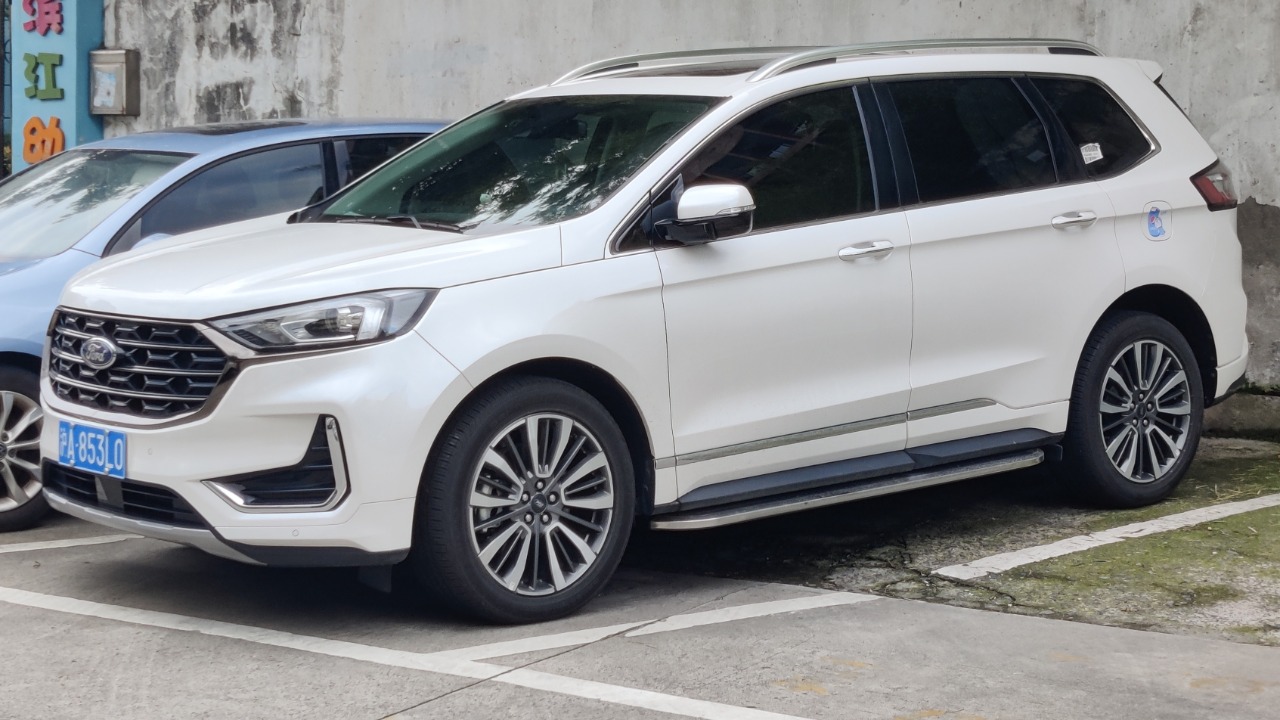
Ford’s Edge has been a popular choice among those seeking a midsize SUV, but its tenure may be coming to an end. With Ford’s increasing focus on electric vehicles and their strategy to phase out traditional cars, the Edge might not see the next decade.
Ford has been actively moving towards electrification and may choose to retire the Edge in favor of models that better align with their new direction. As the automotive industry shifts, Ford’s lineup is expected to evolve significantly.
Kia Stinger
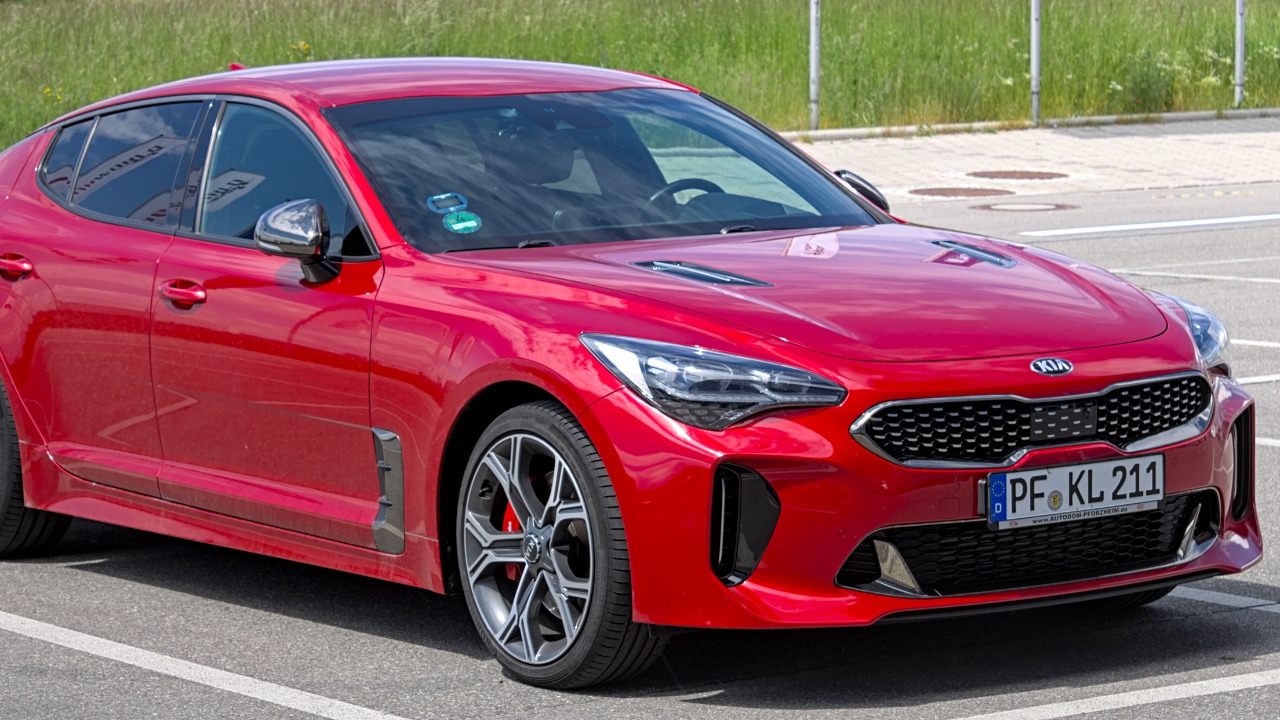
The Kia Stinger, a sport sedan known for its performance and style, may also face discontinuation. Despite its enthusiastic fan base, declining sales numbers might lead Kia to phase out this model. The Stinger’s market niche is becoming increasingly competitive, making its future uncertain.
With Kia’s expanding electric vehicle lineup, the company might focus its efforts on more sustainable options. As the automotive landscape continues to change, models like the Stinger may be replaced by more forward-thinking alternatives.
Chevrolet Bolt EV
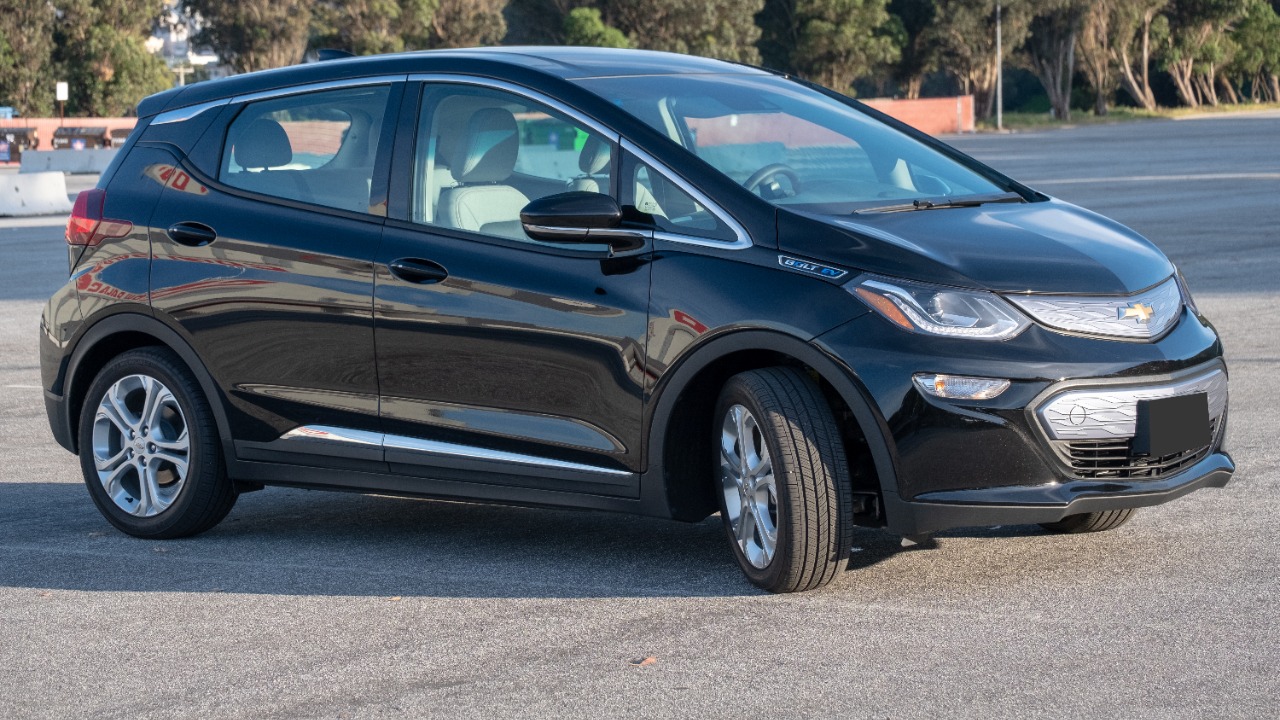
The Chevrolet Bolt EV has been a significant player in the electric vehicle market, but its time might be running out. As GM shifts its focus towards more advanced electric technologies, the Bolt EV could be phased out in the coming years.
With the rise of more efficient electric models, the Bolt EV’s aging platform may no longer fit GM’s long-term strategy. The demand for cutting-edge technology is leading automakers to reconsider older models.
Jaguar F-Type
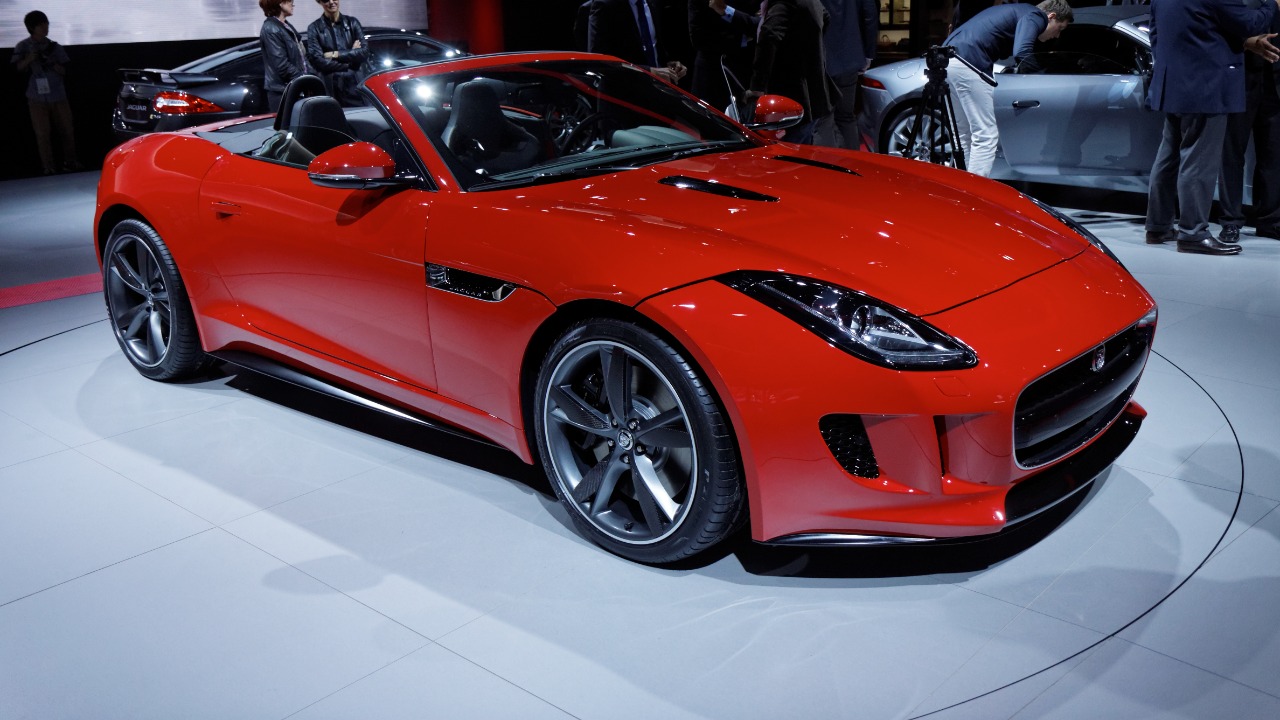
The Jaguar F-Type, a symbol of luxury and performance, might see its production halted as Jaguar redefines its brand identity. With the company’s commitment to becoming an all-electric brand by 2025, the F-Type’s future seems uncertain.
Jaguar’s pivot towards sustainability may lead to the discontinuation of traditional models like the F-Type. As the automotive industry embraces electrification, Jaguar’s lineup is expected to reflect these changes, making room for new electric offerings.
Nissan GT-R
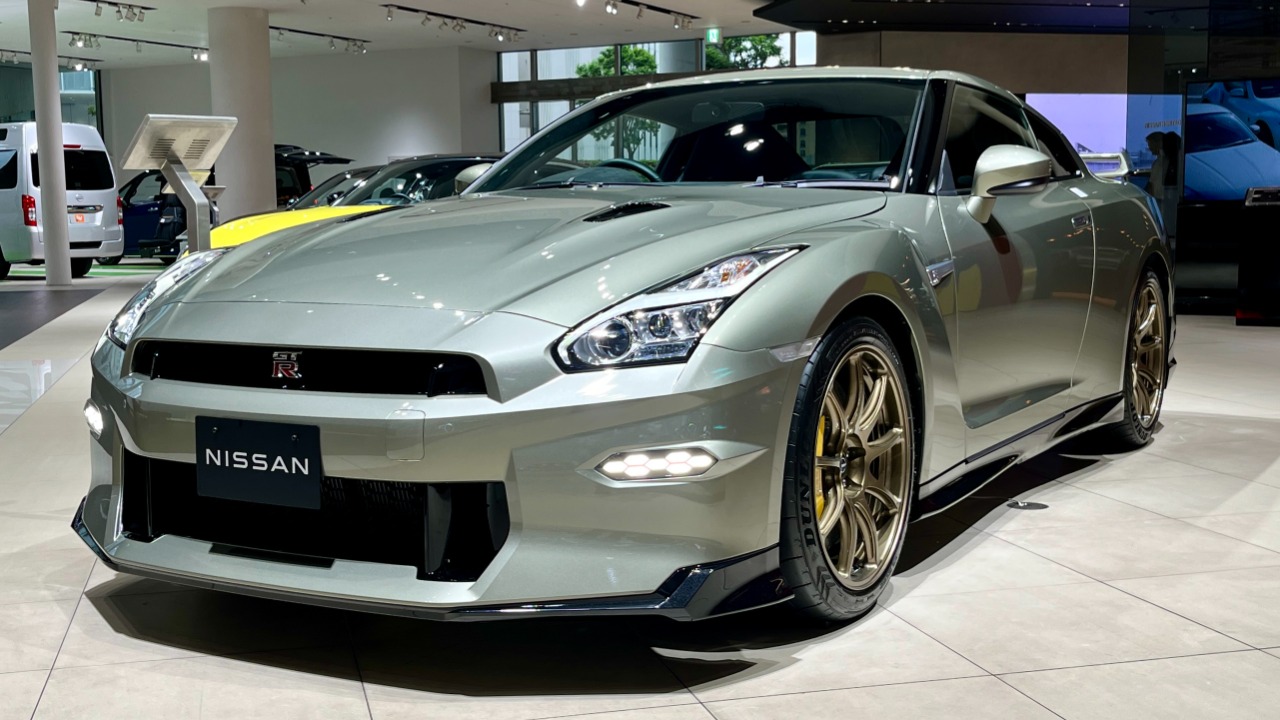
The Nissan GT-R, often referred to as Godzilla, has a storied history in the high-performance car segment. However, its future is in doubt as Nissan shifts focus to electric and hybrid technologies. The GT-R’s aging platform may not align with Nissan’s evolving strategic goals.
With increasing emissions regulations and a push towards sustainability, the GT-R may soon become a relic of the past. Nissan could redirect resources to developing new-generation vehicles that meet modern standards.
Toyota Avalon
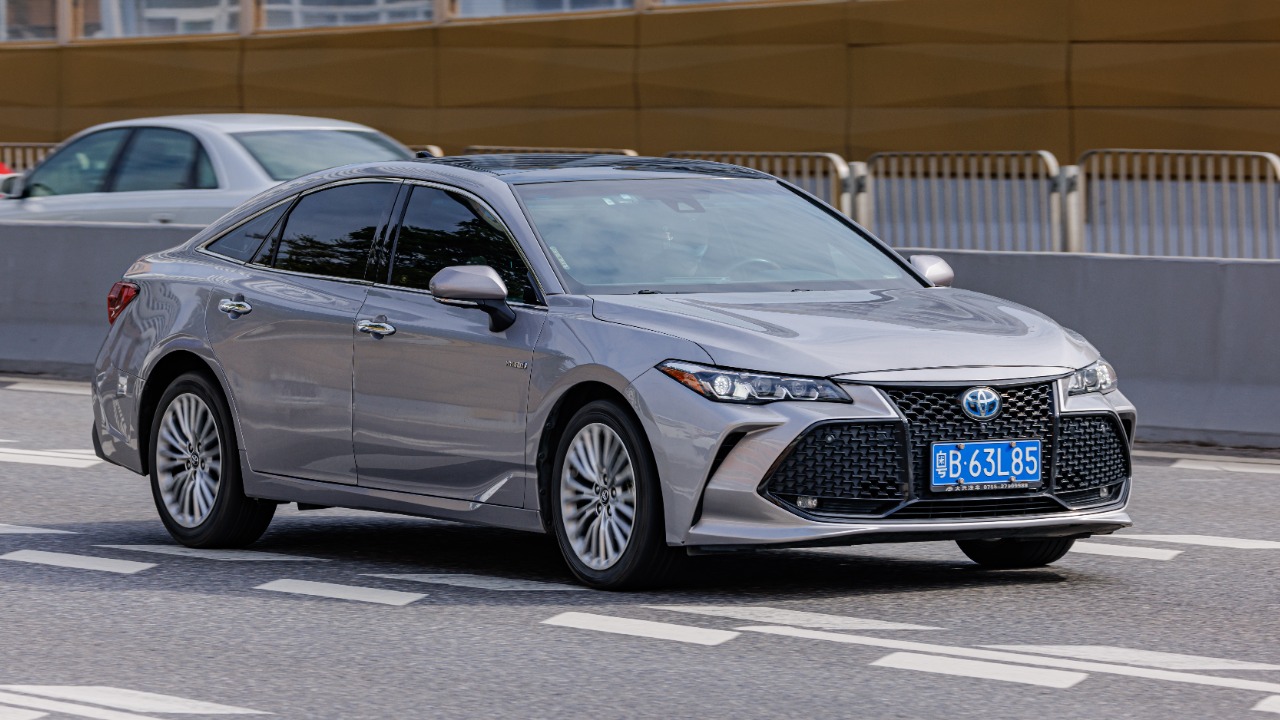
The Toyota Avalon, a full-size sedan known for its comfort and reliability, is another model likely to be discontinued. With the market shifting towards SUVs and crossovers, the Avalon may not see past 2027. Toyota’s focus on hybrid and electric models further threatens the Avalon’s longevity.
As consumer preferences continue to change, the demand for large sedans like the Avalon decreases. Toyota’s evolving lineup may exclude the Avalon in favor of more popular models, reflecting current market trends.